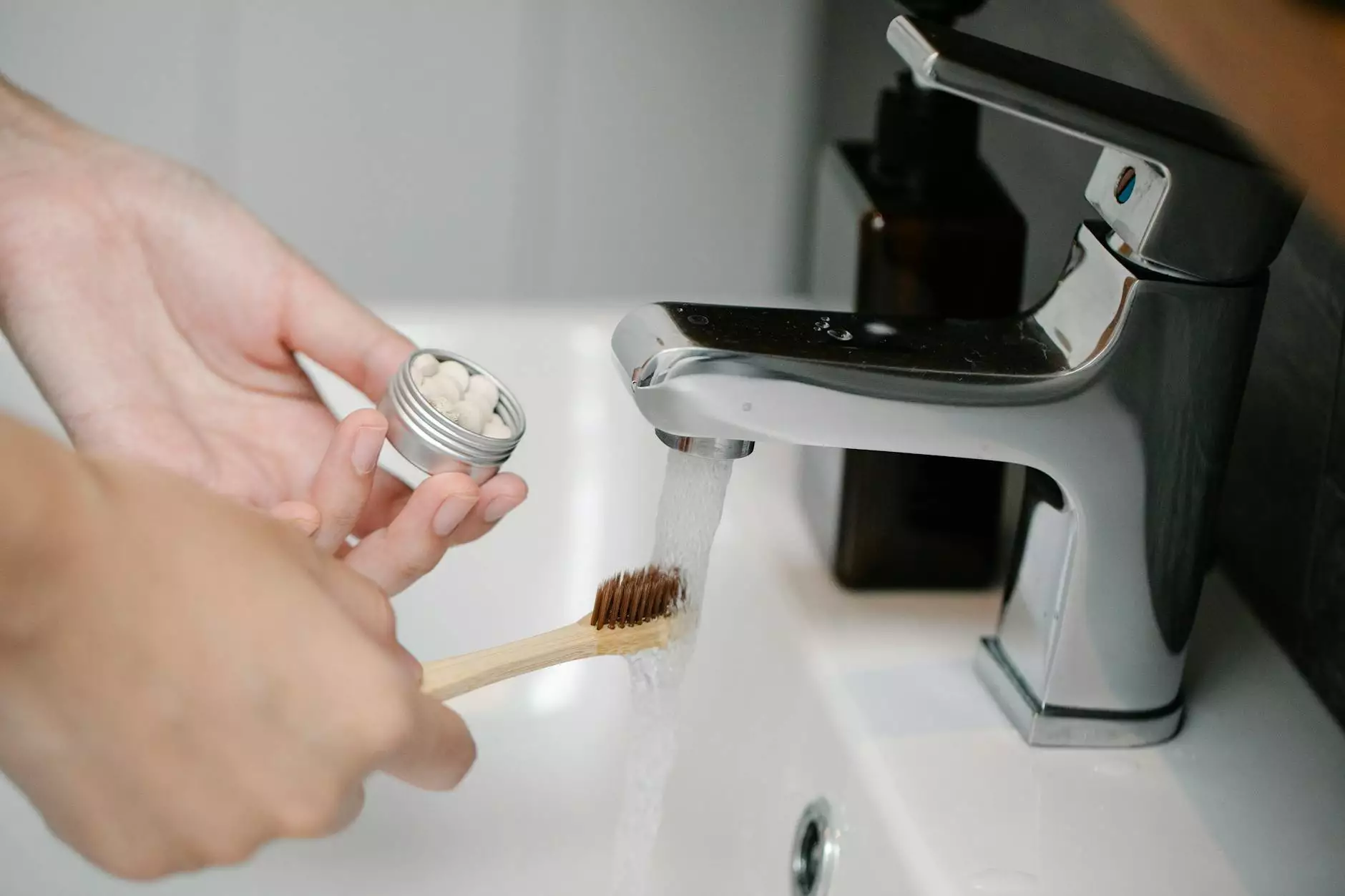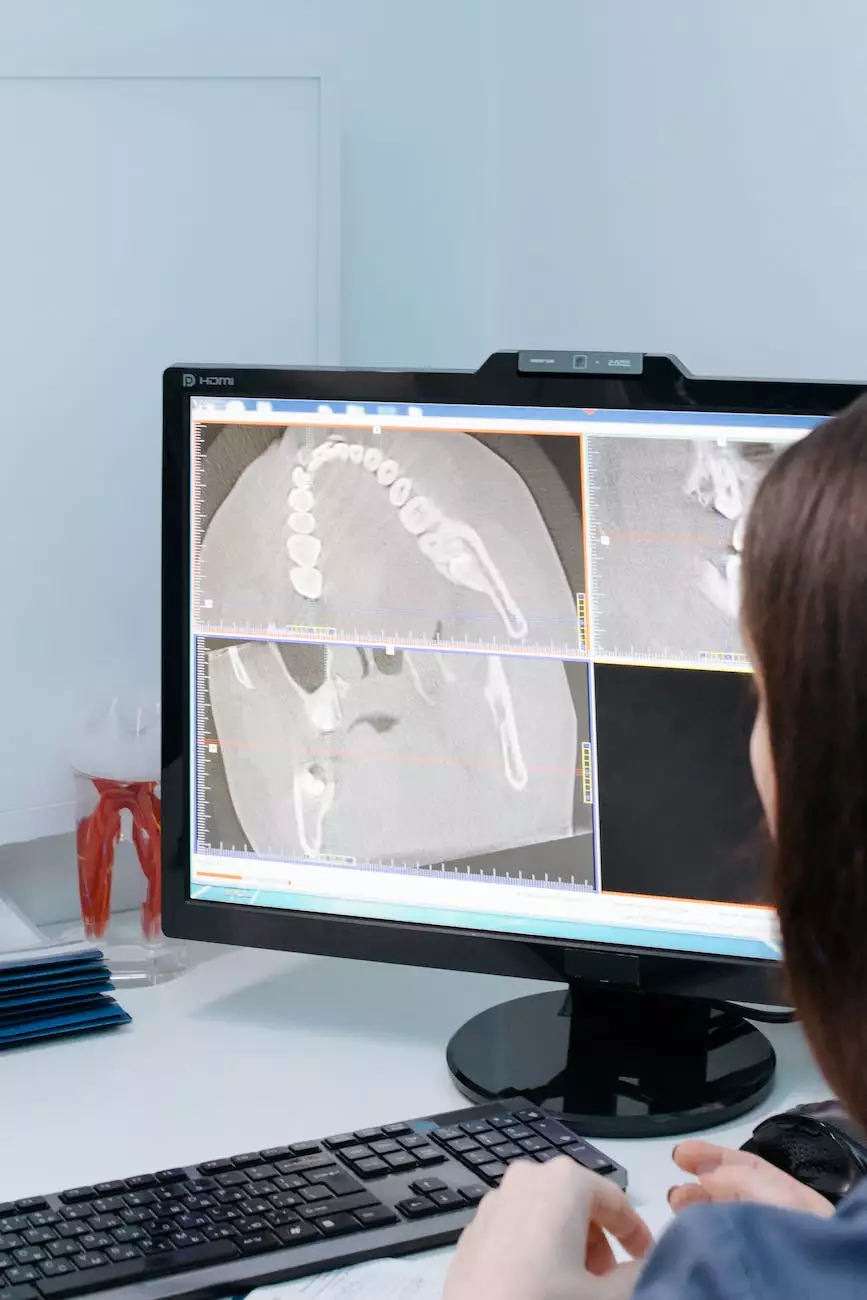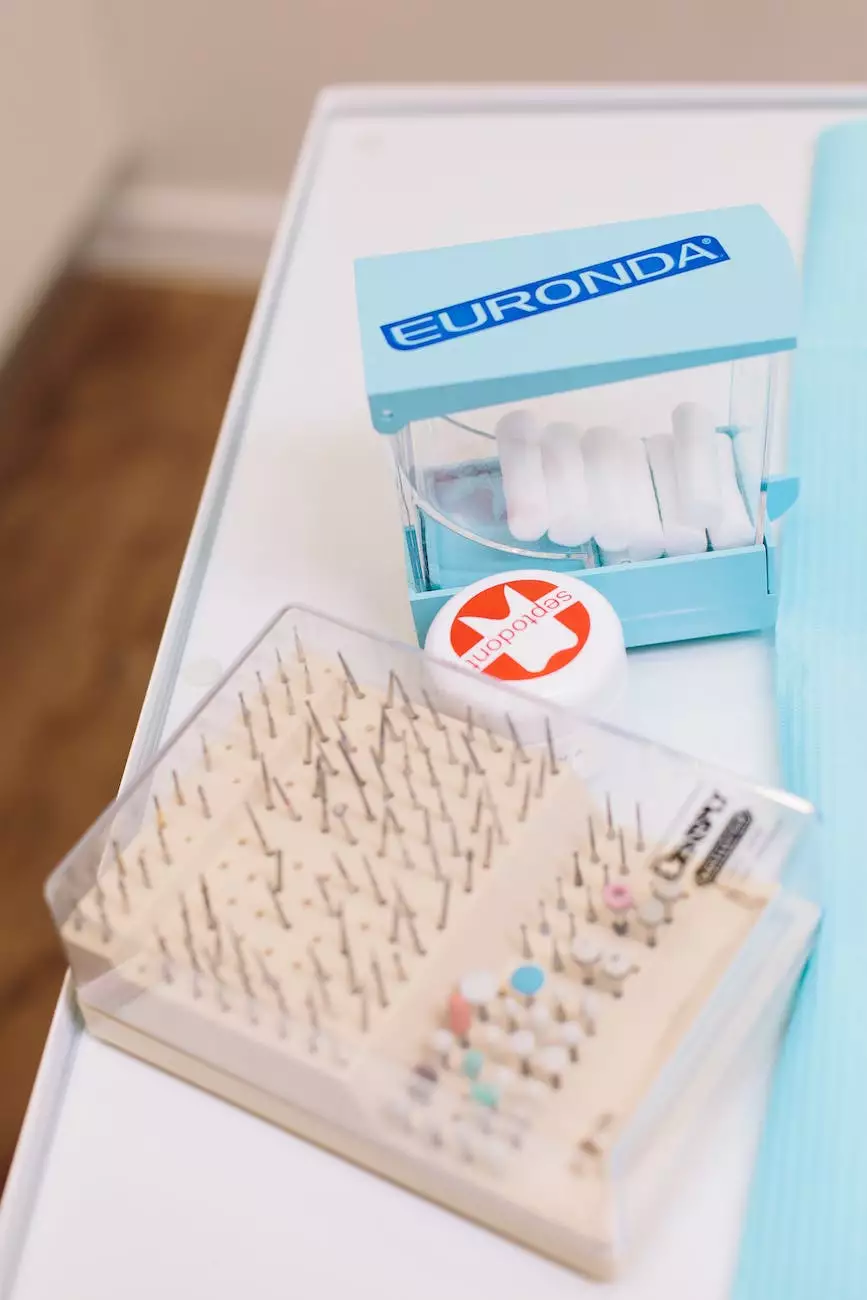What is the difference between plaque and calculus?
Oral Hygiene
Welcome to Robert Miller, DDS, your trusted provider of dental services in Delray Beach. In this informative article, we will explore the difference between plaque and calculus and their impact on your dental health.
Understanding plaque
Plaque is that sticky, colorless film that forms on your teeth and gum line. It is made up of bacteria, food particles, and saliva. When you consume carbohydrates, the bacteria in your mouth break them down into acids. These acids, coupled with the bacteria and food debris, form plaque.
If not removed through regular oral hygiene practices like brushing and flossing, plaque can build up and harden over time, leading to several oral health problems.
Effects of plaque
Plaque is a primary cause of dental issues such as tooth decay and gum disease. As plaque buildup increases, it can produce acids that attack your tooth enamel, leading to cavities. Additionally, the bacteria in plaque can irritate your gums, causing inflammation, bleeding, and even gum infections.
Ignoring plaque can give rise to more severe oral health complications, including periodontitis, bone loss, and tooth loss. Therefore, it is crucial to understand how to prevent and remove plaque effectively.
Preventing plaque buildup
Thankfully, you can take proactive steps to prevent plaque from accumulating on your teeth and gums. Here are some essential tips:
- Brush your teeth at least twice a day using a fluoride toothpaste.
- Floss daily to remove plaque from between teeth and along the gumline.
- Use an antimicrobial mouthwash to kill bacteria and rinse away debris.
- Maintain a healthy diet low in sugary and starchy foods.
- Visit your dentist regularly for professional cleanings and check-ups.
What is calculus?
Calculus, also known as tartar, is hardened plaque that has been left untreated. When plaque is not efficiently removed, it can mineralize and harden over time, becoming calculus. Calculus can form both above and below the gumline, making it difficult to remove with regular brushing and flossing.
Effects of calculus
Once calculus forms, it provides a rough surface for more plaque and bacteria to adhere to, exacerbating the oral health problems caused by plaque. The accumulation of calculus can lead to widespread gum inflammation, known as gingivitis, which left untreated, can progress to periodontal disease.
Periodontal disease is a serious condition that affects the supporting structures of your teeth, including gums and bone. It can cause gum recession, tooth mobility, and eventually, tooth loss.
Removing calculus
Removing calculus requires professional dental care. At Robert Miller, DDS, our highly skilled dental team uses specialized instruments to carefully remove calculus and plaque from your teeth and under the gumline. This process is known as dental scaling and root planing.
During your visit, we will also provide guidance on maintaining proper oral hygiene habits to prevent the recurrence of calculus buildup.
The importance of regular dental visits
Regular visits to our dental office play a vital role in preventing and treating both plaque and calculus-related issues. Our team of experienced professionals will thoroughly examine your oral health, perform professional cleanings, and provide personalized recommendations to keep your smile healthy and beautiful.
By following our advice and maintaining good oral hygiene practices at home, you can significantly reduce the risk of plaque and calculus buildup, ensuring optimal dental health.
Remember, prevention is key! Don't wait for dental problems to arise. Schedule an appointment with Robert Miller, DDS today and take the first step towards a healthier, brighter smile!










